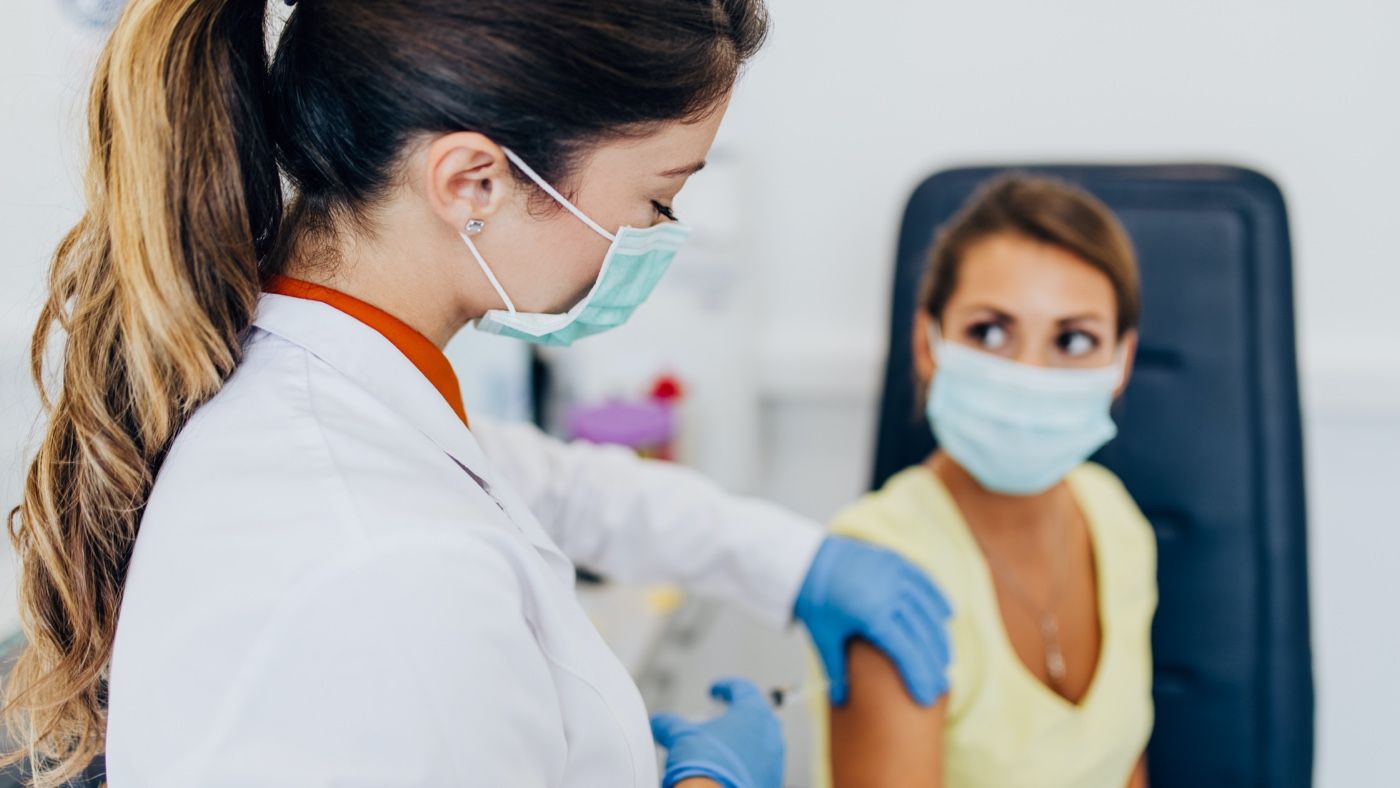In the United States, over 55% of adults are fully vaccinated for COVID-19 and more than 65% have received at least one dose. These are encouraging numbers, especially considering that, six months ago, the vaccination timeline seemed like it would be much longer.
Unfortunately, millions remain unvaccinated — some are “waiting and seeing,” others will only get the vaccine if it’s required, and approximately 13% of U.S. adults say they will never get it. While we can’t be sure of every individual’s reasoning for not getting the vaccine, we can be certain that there are at least a few myths driving vaccine hesitancy and refusal.
MYTH 1: The Vaccines Aren’t Safe Because They Were Developed and Tested Quickly
False.
Vaccines are one of the most important medical advances of our time — and the technology used to make the COVID-19 vaccines isn’t that new. Dr. Kusti points out that scientists started using this technology about a decade ago, so while these vaccines might seem new to many people, the work and research definitely weren’t developed quickly. With that being said, as healthcare technology evolves and we get better at making vaccines, Dr. Kusti believes we will be able to develop them even safer and faster.
However, no matter the speed of development, those making these vaccines still had to follow the same safety protocols as usual. “To be considered for approval, the clinicians and pharmaceutical companies had to follow at least half of the vaccine trial participants for at least two months after completing the vaccine series,” explains Dr. Kusti. “And the vaccine must be proven safe and effective in that population.”
Dr. Kusti noted that, historically, the typical amount of time in which a vaccine has caused any adverse effects is 45 days. We have not seen any documented side effects or complications following vaccinations beyond the 45-day mark. For the COVID-19 vaccine, scientists decided on 60 days to be extra safe.
MYTH 2: The COVID-19 Vaccines Have Severe Side Effects
False.
“These vaccines are heavily monitored,” Dr. Kusti says. “Every single reaction, every single side effect is recorded.” There are some short-term mild to moderate reactions that typically resolve within 48 hours of the shot, such as soreness at injection site, headache, chills, fatigue, muscle pain, and fever.
“Keep in mind that these kinds of systemic responses are good indications that your body’s responding to the vaccine, that you’re probably going to have good protection [against COVID-19],” says Dr. Kusti. “That doesn’t mean that people who don’t get a reaction aren’t developing an immune response. People are different and develop immunity over different time periods depending on a variety of factors.”
There have also been some reports of more severe reactions, like blood clots, which occur within seven days to three weeks after receiving the vaccine dose. However, Dr. Kusti commented these instances were investigated heavily and shown to be extremely rare, to the point where it’s not completely certain that these reactions were actually related to the vaccine. However, to be extra cautious, the FDA and the Advisory Committee on Immunization Practices decided to add the rare risk of blood clots on the warning labels for the vaccines in question.
MYTH 3: COVID-19 Vaccines Will Alter My DNA
False.
The COVID-19 vaccines do not affect our DNA in any way. The Pfizer and Moderna vaccines use a technology called messenger RNA (mRNA). “Messenger RNA vaccines deliver the recipe for making a protein (such as the spike protein on the SARS-CoV-2 virus) and mRNA cannot cross into the nucleus, which is where our DNA lives,” says Dr. Kusti. The nucleus is protected by a very strong barrier called the nucleus membrane, and this membrane prevents the vaccine from entering and altering our DNA.
In short, the mRNA enters the cell (but not the nucleus), causes the body to create the desired immune response, then degrades immediately. At no point does it touch any DNA.
As we continue to promote vaccinations among hesitant populations, it’s important to make sure we’re breaking down these three myths (and any others) and being clear with messaging — that the COVID-19 vaccine is safe and effective, the majority of side effects will be mild to moderate and last only a few days, and the vaccines will not interact with any individual’s DNA.


